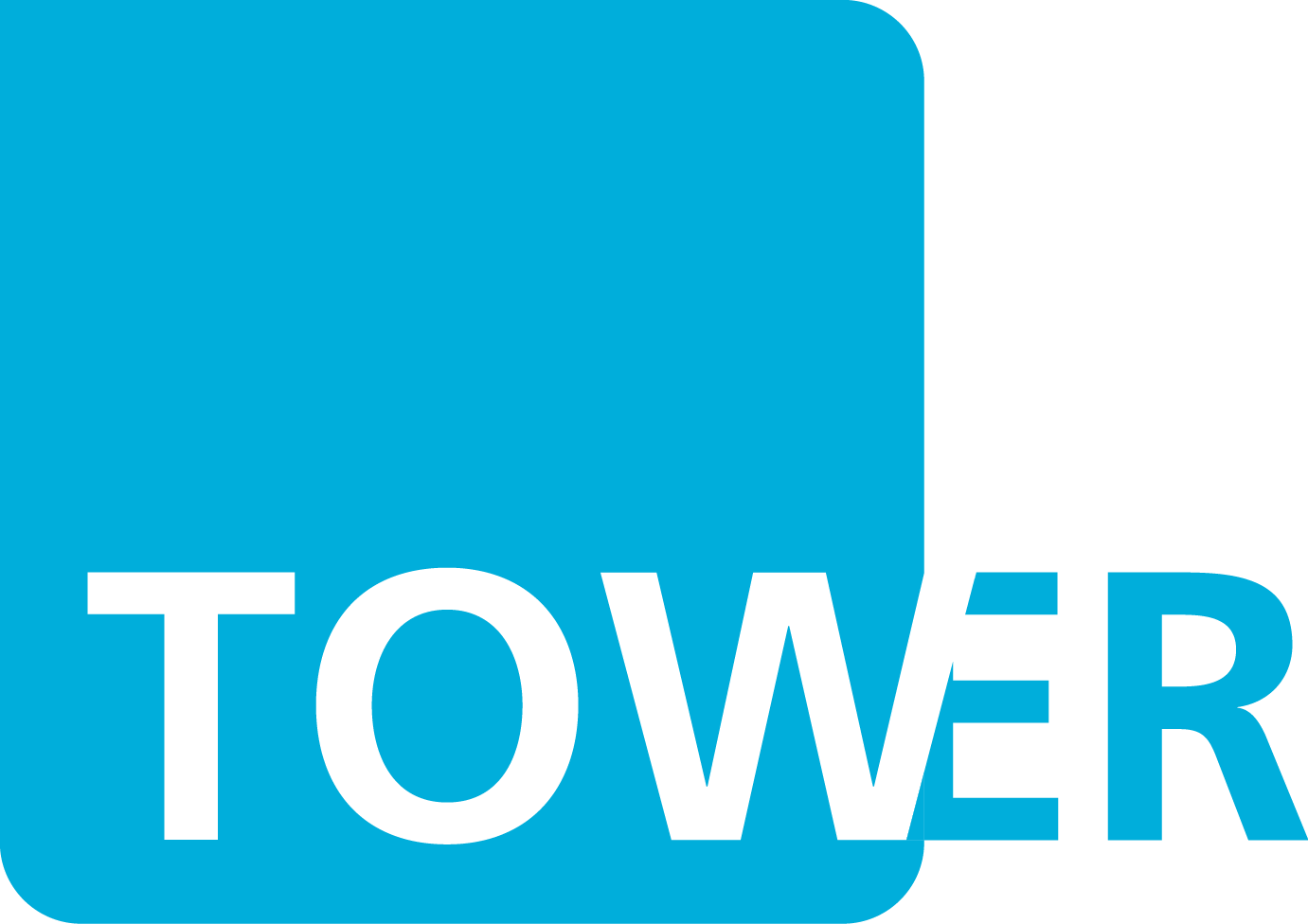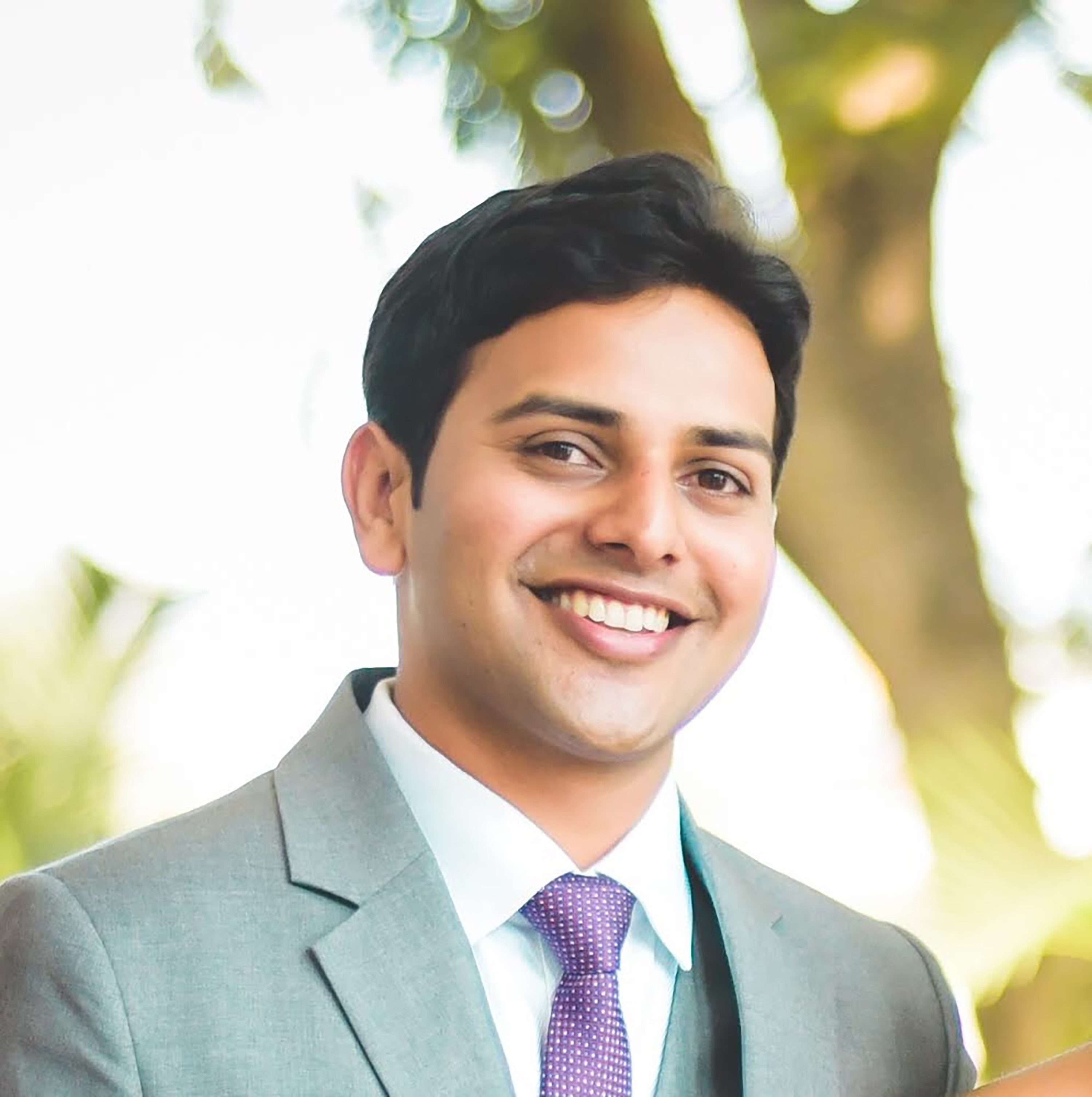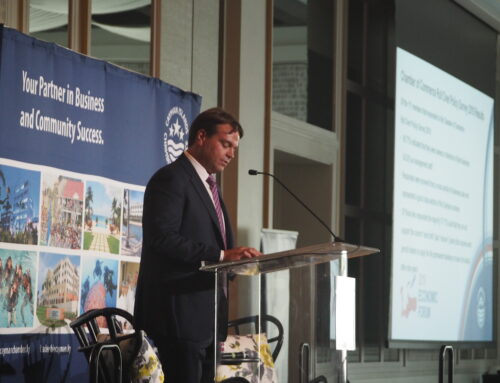Health City Cayman Islands is offering free bone density scans through November 30. World Radiology Day was celebrated worldwide on November 8, and in recognition of the international observance, the tertiary care hospital is providing the free scans for the entire month.
Bone density scans, also known as bone mineral density (BMD) tests, measure how much calcium and other types of minerals are in an area of bone.
This test helps health care providers detect osteoporosis and predict a patient’s risk of bone fractures.
Health City Consultant Radiologist Dr. Sharath Babu emphasized the importance of testing and diagnosis for osteoporosis: “Although we have effective treatments for osteoporosis, each year millions of us worldwide suffer from the effects of osteoporosis because they don’t have easy and sufficient access to diagnosis and medication. Osteoporosis awareness should become a large global, social and medical movement.”
Bone mineral density (BMD) tests are used to diagnose bone loss and osteoporosis; see how well osteoporosis medicine is working; and to predict the risk of future bone fractures.
People with an increased risk of osteoporosis should have bone mineral testing or screening.
The risk of osteoporosis is increased for women, aged 65 or older and men, aged 70 or older.
Women under age 65 and men ages 50 to 70 are at increased risk of osteoporosis if they:
- Have a broken bone caused by normal activities, such as a fall from standing height or lower (fragility fracture)
- Have rheumatoid arthritis, chronic kidney disease, or eating disorders
- Have early menopause (either from natural causes or surgery)
- Have a history of hormone treatment for prostate cancer or breast cancer
- Have had a significant loss of height due to compression fractures of the back
- Smoke
- Have a strong family history of osteoporosis
- Take corticosteroid medicines (prednisone or methylprednisolone) every day for more than 3 months
- Take thyroid hormone replacement
- Have three or more drinks of alcohol a day on most days
Current practice recommends BMD re-testing every two years. However, some people may be able to wait a much longer time between their screening tests depending on their individual risk factors.
The results of your bone density tests are usually reported as a T-score and Z-score. The T-score compares your bone density with that of a healthy young woman. The Z-score compares your bone density with that of other people of your age, gender, and race.
With either score, a negative number means you have thinner bones than average. The more negative the number, the higher your risk of a bone fracture.
A T-score is within the normal range if it is -1.0 or above. If your T-score is between -1 and -2.5, you may have early bone loss – known as osteopenia. If your T-score is below -2.5, you likely have osteoporosis.
Bone mineral density testing does not diagnose fractures. Along with other risk factors you may have, it helps predict your risk of having a bone fracture in the future.
Bone density testing can be done in several ways.
The most common and accurate way uses a dual-energy x-ray absorptiometry (DEXA) scan. DEXA uses low-dose x-rays.
To prepare for a bone density test, if you are or could be pregnant, tell your provider before this test is done. Patients are told to avoid taking calcium supplements for 24 hours before the test, during which they will be asked to remove all metal items from their bodies, such as jewelry and buckles.
The scan is painless, and patients will need to remain still during the test.
Bone mineral density testing uses a slight amount of radiation. Most experts feel that the risk is very low compared with the benefits of finding osteoporosis before any bones are broken.
Alternative names for a bone density test include BMD test; Bone densitometry; DEXA scan; DXA; Dual-energy x-ray absorptiometry; p-DEXA; Osteoporosis – BMD.
Health City Cayman Islands offers nuclear medicine imaging with radioisotopes for various organs including bone scans.
Those seeking to book a free bone density scan at Health City may call 526-2133 to book their appointments. The offer ends after November 30, 2017.


